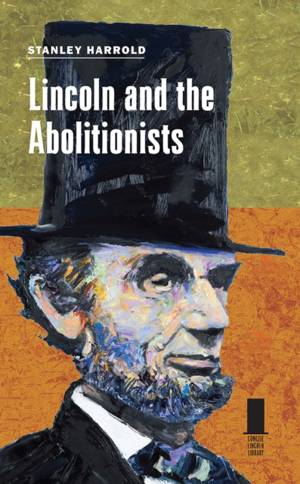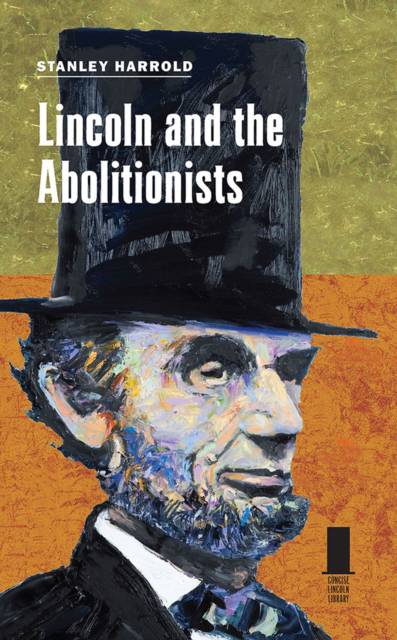
- Retrait gratuit dans votre magasin Club
- 7.000.000 titres dans notre catalogue
- Payer en toute sécurité
- Toujours un magasin près de chez vous
- Retrait gratuit dans votre magasin Club
- 7.000.0000 titres dans notre catalogue
- Payer en toute sécurité
- Toujours un magasin près de chez vous
41,45 €
+ 82 points
Description
Winner, ISHS Best of Illinois History Award, 2019 Abraham Lincoln has often been called the "Great Emancipator." But he was not among those Americans who, decades before the Civil War, favored immediate emancipation of all slaves inside the United States. Those who did were the abolitionists--the men and women who sought freedom and equal rights for all African Americans. Stanley Harrold traces how, despite Lincoln's political distance from abolitionists, they influenced his evolving political orientation before and during the Civil War. While explaining how the abolitionist movement evolved, Harrold also clarifies Lincoln's connections with and his separation from this often fiery group. For most of his life Lincoln regarded abolitionists as dangerous fanatics. Like many northerners during his time, Lincoln sought compromise with the white South regarding slavery, opposed abolitionist radicalism, and doubted that free black people could have a positive role in America. Yet, during the 1840s and 1850s, conservative northern Democrats as well as slaveholders branded Lincoln an abolitionist because of his sympathy toward black people and opposition to the expansion of slavery. Lincoln's election to the presidency and the onslaught of the Civil War led to a transformation of his relationship with abolitionists. Lincoln's original priority as president had been to preserve the Union, not to destroy slavery. Nevertheless many factors--including contacts with abolitionists--led Lincoln to favor ending slavery. After Lincoln issued the Emancipation Proclamation in 1863 and raised black troops, many, though not all, abolitionists came to view him more favorably. Providing insight into the stressful, evolving relationship between Lincoln and the abolitionists, and also into the complexities of northern politics, society, and culture during the Civil War era, this concise volume illuminates a central concern in Lincoln's life and presidency.
Spécifications
Parties prenantes
- Auteur(s) :
- Editeur:
Contenu
- Nombre de pages :
- 168
- Langue:
- Anglais
- Collection :
Caractéristiques
- EAN:
- 9780809336418
- Date de parution :
- 14-03-18
- Format:
- Livre relié
- Format numérique:
- Genaaid
- Dimensions :
- 132 mm x 206 mm
- Poids :
- 385 g

Les avis
Nous publions uniquement les avis qui respectent les conditions requises. Consultez nos conditions pour les avis.






